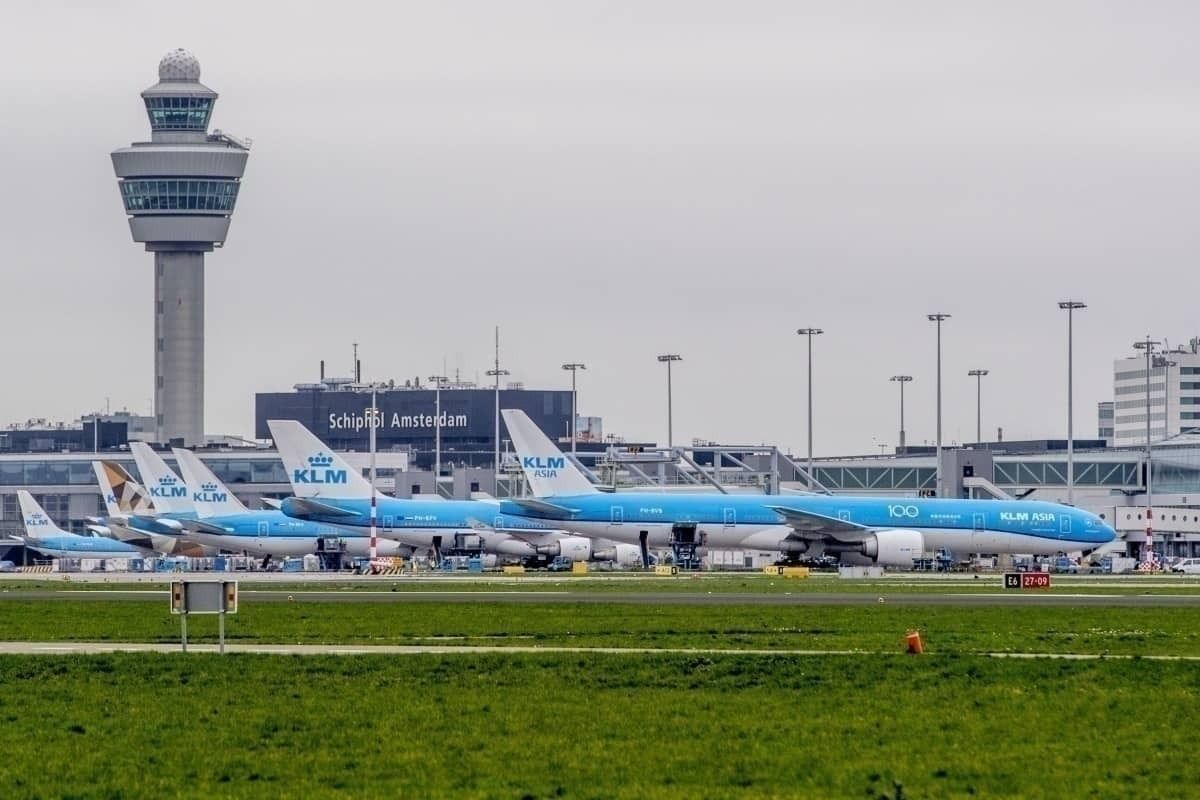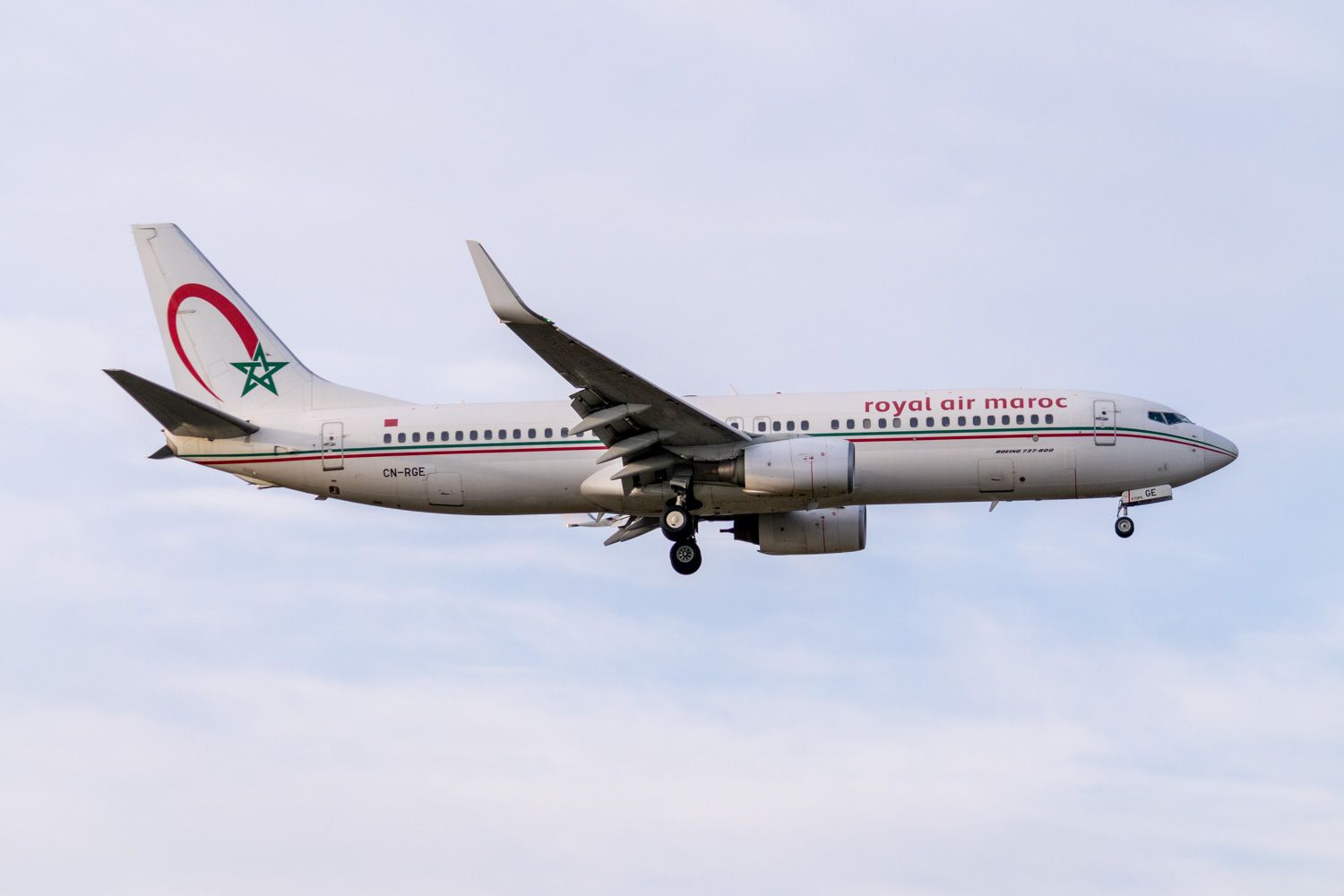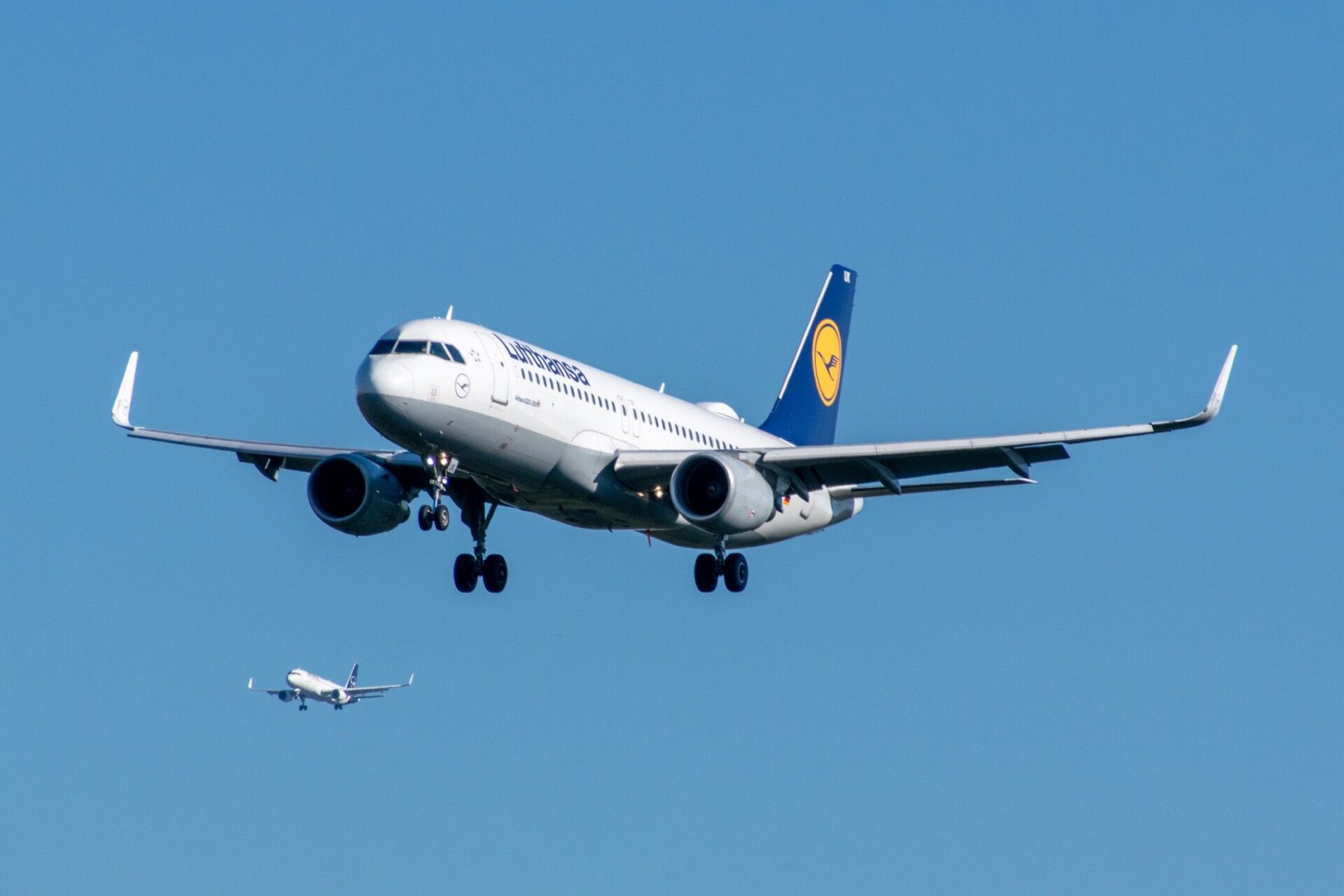Previously considered as one of Western Europe's four primarily significant hubs before the pandemic, Amsterdam's Schiphol Airport has been on a spiraling downward trend since travel demand rapidly rebounded. However, due to the never-ending chaos, several airlines have shifted their scheduled flights away to smaller regional airports. It would seem this trend is continuing as more airlines join the bandwagon.
Royal Air Maroc shifts to Rotterdam
Following the disruptive decision of the Amsterdam airport authorities to reduce the number of flights and passengers inbound and outbound from Schiphol at the end of June, Royal Air Maroc was deeply affected and has since made the decision to transfer flights to Rotterdam Airport.
The affected flights are AT850 and AT851, which connect Casablanca to Amsterdam. According to Royal Air Maroc, shifting these flights to Rotterdam would ensure the transport of a maximum number of passengers and will be effective from July 7th to July 21st. Should the airport authorities carry out more disruptive decisions beyond July 21st, the Moroccan national carrier highlighted that additional measures will be taken but did not specify what they were.
Airlines feel restricted
While Royal Air Maroc is the latest airline diverting away from Schiphol, it most likely will not be the last. The disruptive decision ultimately harms all airlines with slots in Schiphol. airBaltic was another airline that was asked to cut occupancy rates for inbound flight services to the main Dutch airport. The airline offers direct flights to Schiphol from Riga, Tallinn, and Vilnius, and a reduction in all three routes would undoubtedly harm its financial figures.
Air Serbia has also been asked to curb passenger loads by about 28% on flights from Belgrade. The airline, which operates nine weekly flights to Schiphol, feels that the decision is too restrictive on airlines trying to compensate for the past two relative non-flying years. To make the situation even more tense, the Serbian airline and airBaltic are threatening legal action against the airport to gain compensation for the financial damage sustained. In protest of the cap, Air Serbia said:
"The cap is not based on a relationship of mutual respect and appreciation, bearing in mind that the Serbian national company has been flying continuously on that route for over 50 years and that it was the only carrier that maintained traffic between Belgrade and Amsterdam for a long period during the coronavirus pandemic."
Incoming cancellations
Then there are the airlines that have chosen to neither shift away nor threaten legal action yet. Some have taken to utilizing smaller aircraft instead or intentionally leaving some seats empty to accommodate the occupancy limitations. However, after being asked to pause ticket sales on flights for the remainder of July, American Airlines could be the next major carrier to take action, as the pause will cost the airline more than 3,600 seats each week.
And with one major American carrier being restricted by the latest capacity demands, two of Europe's biggest airlines have also given in to the restrictions and threw out another round of massive cancellations. Lufthansa has announced canceling at least 770 flights in the coming week, bringing the total number of flights scrapped this summer to nearly 4,000. The affected flights will largely account for evening slots and are aimed at preventing disruptions to other connections.
Although it stands as choiceless in such matters considering that Schiphol is its central hub, KLM has also decided to scrap between 10 and 20 daily flights to European destinations, which is set to last until August. The Dutch arm of the Air France-KLM Group will also strictly regulate remaining ticket sales on its Cityhopper and European routes to allow easier rebookings for affected passengers. Freight cargo will also no longer be booked to soften the workload on ground handling staff at Schiphol. Both carriers are trying to ease the flaming hot demand for plane tickets to reduce the pressure on Schiphol's operations.
Schiphol remains a mess
Passenger numbers aside, Schiphol was one of Europe's top five cargo airports. With KLM disenabling the booking of cargo, it just goes to show how much Schiphol has fallen over the past few months. Although the measures taken by airlines and even the capacity cap demanded by Schiphol may be temporary, the damage done to airline operations and the airport's status as a once-renowned international aviation hub could be long gone.




.jpg)
